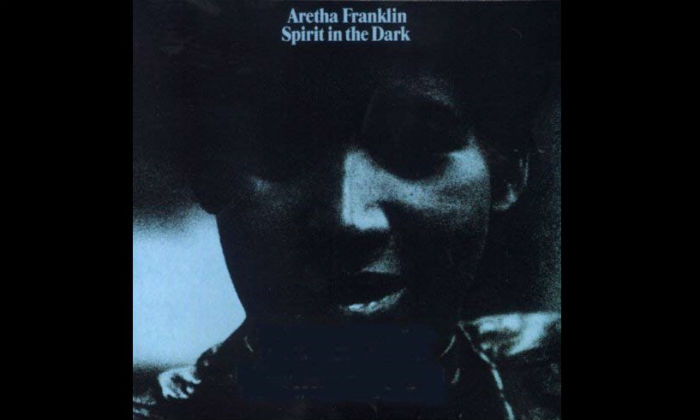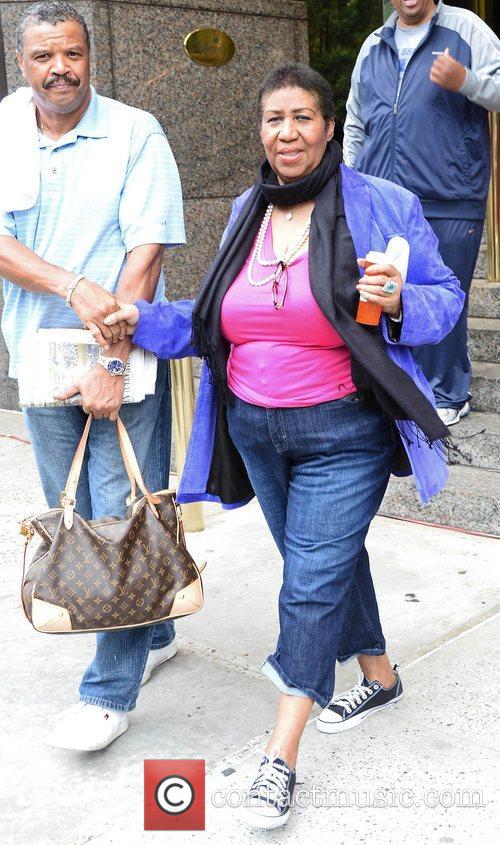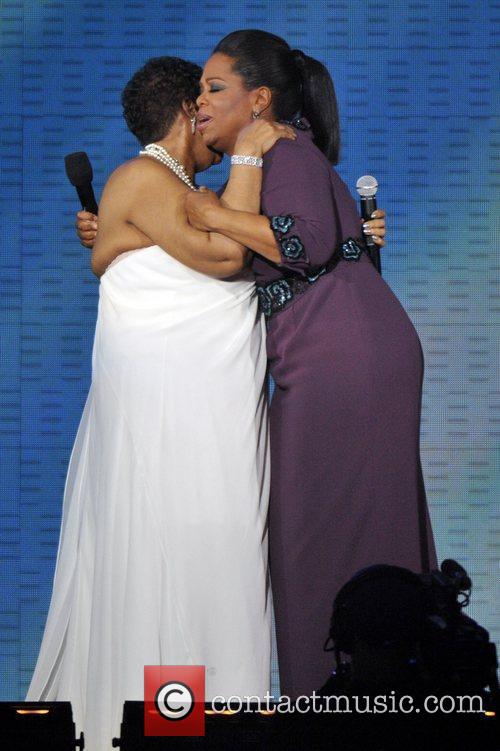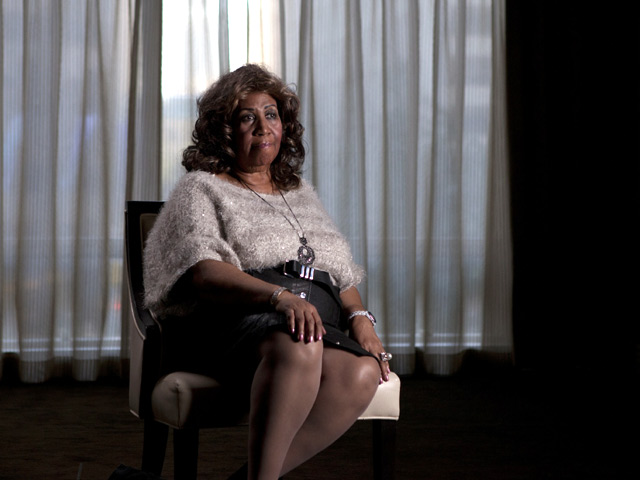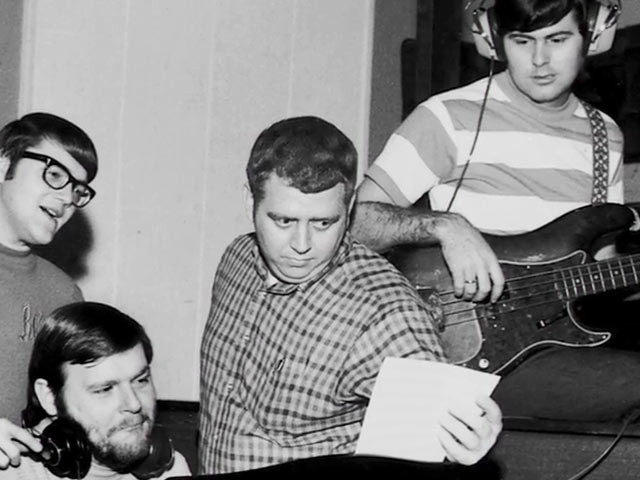
Aretha Franklin (born 25.3.1942)
Aretha Franklin is a legendary American soul singer. She has been awarded with 20 Grammy Awards and during 1968 and 1975 the Best Female R&B Vocal Performance Grammy was nicknamed 'The Aretha Award'.
Childhood: Aretha was born in Memphis, Tennessee. Her father was a Baptist minister, married to Barbara Siggers Franklin, until they separated, when Aretha was six. Four years later, Barbara died of a heart attack, and the family moved to Detroit.
Franklin was considered something of a child prodigy, for both her vocal and piano-playing skills and she had signed a record deal with Checker Records.
Early Career & Impending Fame: Aretha's first two children were born in 1954 and 1956, putting a brief dampener on her musical career. Inspired by Sam Cooke and Dinah Washington, she decided to concentrate her efforts on pop music, rather than gospel. Turning down contracts from RCA and Motown, Aretha eventually signed with Columbia Records in 1960. Her early hits with the label included 'Rock-A-Bye Your Baby (With A Dixie Melody)', 'Today I Sing The Blues' and 'Operation Heartbreak'.
Disappointed with her lack of commercial success, Franklin switched to Atlantic Records and in 1967, released 'I Never Loved A Man (The Way I Love You). It was a top 10 hit on the Billboard Hot 100.
Her next single, 'R.E.S.P.E.C.T.' was the track that truly launched Aretha Franklin to fame. Her debut album, I Never Loved A Man The Way I Love You, soon sold over a million copies and she released a chain of hit singles, including '(You Make Me Feel Like) A Natural Woman'.
Over the next few years, Franklin continued her reign of success with tracks such as 'Think', 'I Say A Little Prayer' (originally by Dionne Warwick) and 'Spanish Harlem' (originally by Ben E. King), which reached number two in the US charts.
Labelled 'Queen of Soul' by the media, Aretha Franklin went on to sell millions of albums, including Amazing Grace (1972) and the slightly less successful Hey Now Hey (The Other Side of the Sky). In 1974, 'Until You Come Back To Me (That's What I'm Gonna Do)' was a number three hit in the US but the mid 1970s saw the rise in popularity of disco music and Aretha's favourable position with her record label began to decline. Her 1975 album You saw disappointing sales figures and the industry appeared to have shifted its focus to younger singers such as Natalie Cole, Chaka Khan and Donna Summer.
Sparkle, released in 1976, was produced by Curtis Mayfield and was Aretha's first Gold-certified album since Amazing Grace. However, its successors (Sweet Passion, Almighty Fire and La Diva) fared less well. In 1979, her contract with Atlantic Records drew to a close.
Return to Grace: In 1980, Aretha Franklin appeared in the film The Blues Brothers, singing 'Think'. Later that year, she signed a deal with Arista Records and a duet with George Benson, 'Love All the Hurt Away', launched Aretha back to the top of the charts. Her 1982 album, Jump To It, was produced by Luther Vandross and earned her her first Gold Disc award since 1976. The following year, the pair collaborated on Get It Right, with comparatively poor results.
In 1985, she released Who's Zoomin' Who?, her first ever Platinum certified album, featuring a duet with The Eurythmics and the huge hit 'Freeway of Love'. The next year, she released Aretha, which included a duet with George Michael. The cover's artwork was the last work produced by Andy Warhol before he died.
1987 saw a return to gospel for Aretha with One Lord, One Faith, One Baptism, which was followed by Through the Storm and What You See is What You Sweat.
In 1998, Franklin released A Rose Is Still A Rose: a more contemporary effort than her previous albums. The title track was produced by Lauryn Hill of the Fugees and proved to be a huge hit for Aretha. Subsequent releases include 2003's So Damn Happy and 2007 duets album, Jewels in the Crown: All-Star Duets With The Queen.
Biography by Contactmusic.com
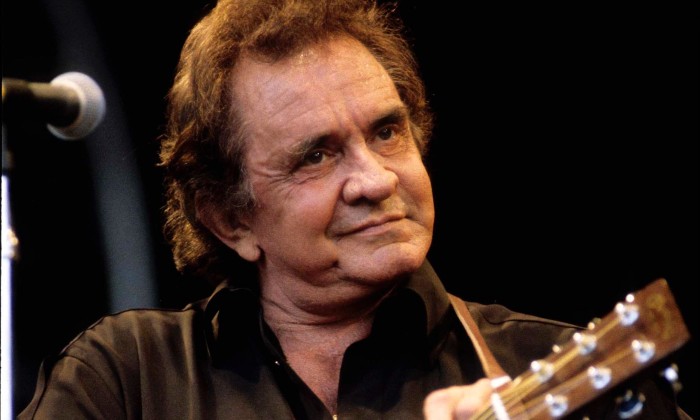
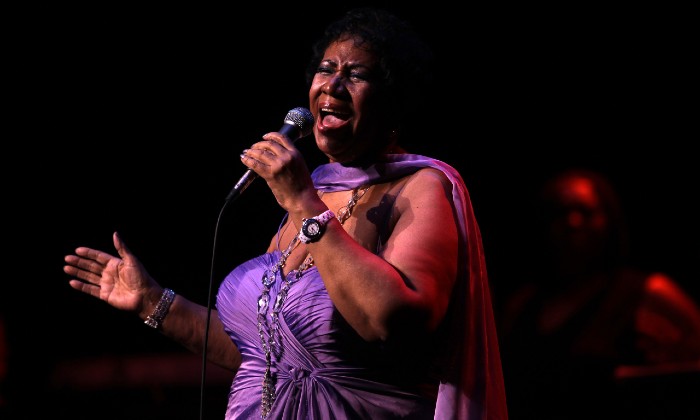
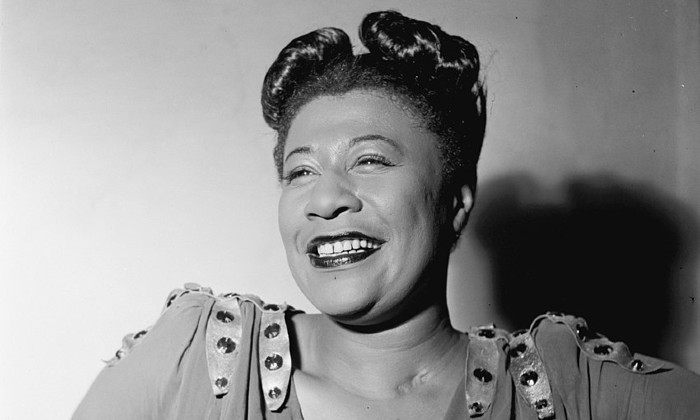
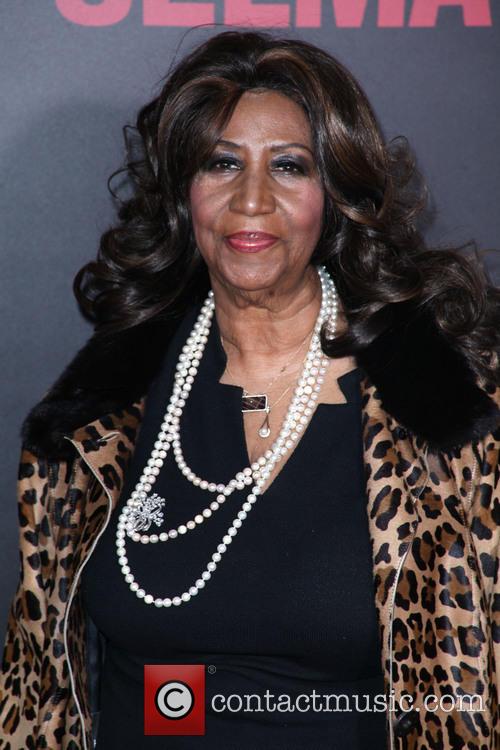 Aretha Franklin passed away from pancreatic cancer
Aretha Franklin passed away from pancreatic cancer